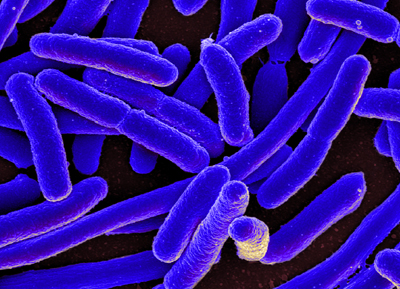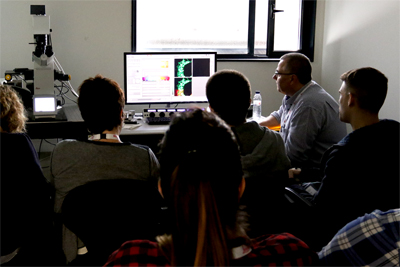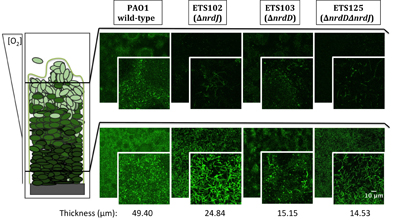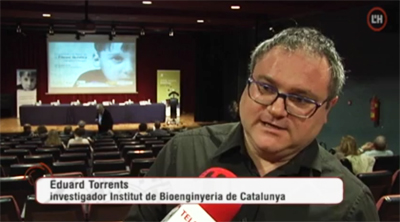Tracking bacterial virulence: global modulators as indicators
 Barcelona researchers and their collaborators have defined new bacterial virulence markers that could help track and prevent outbreaks of E. coli.
Barcelona researchers and their collaborators have defined new bacterial virulence markers that could help track and prevent outbreaks of E. coli.
Most E. coli bacterial strains occur naturally in the human gut and pose no harm to health, except for particular serotypes that always hit the news because they cause food poisoning that can become life threatening in certain patients. One such serotype is O104:H4, that caused a large outbreak with a high prevalence of associated hemolytic–uremic syndrome (HUS) in Germany in 2011, a newly emerged strain that caused the highest frequency of HUS and death from E. coli ever recorded.










